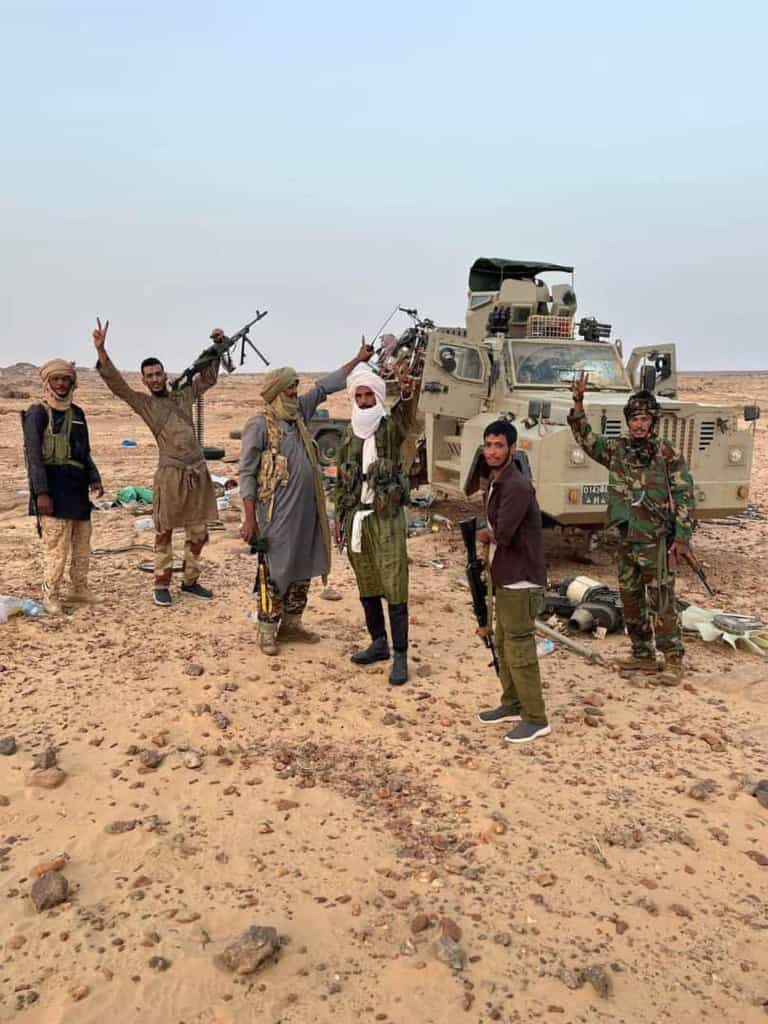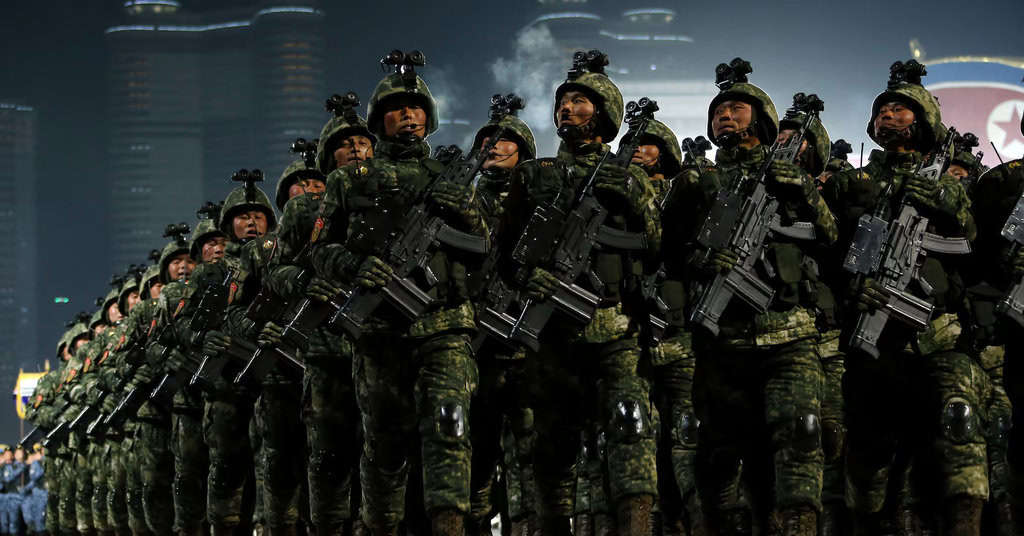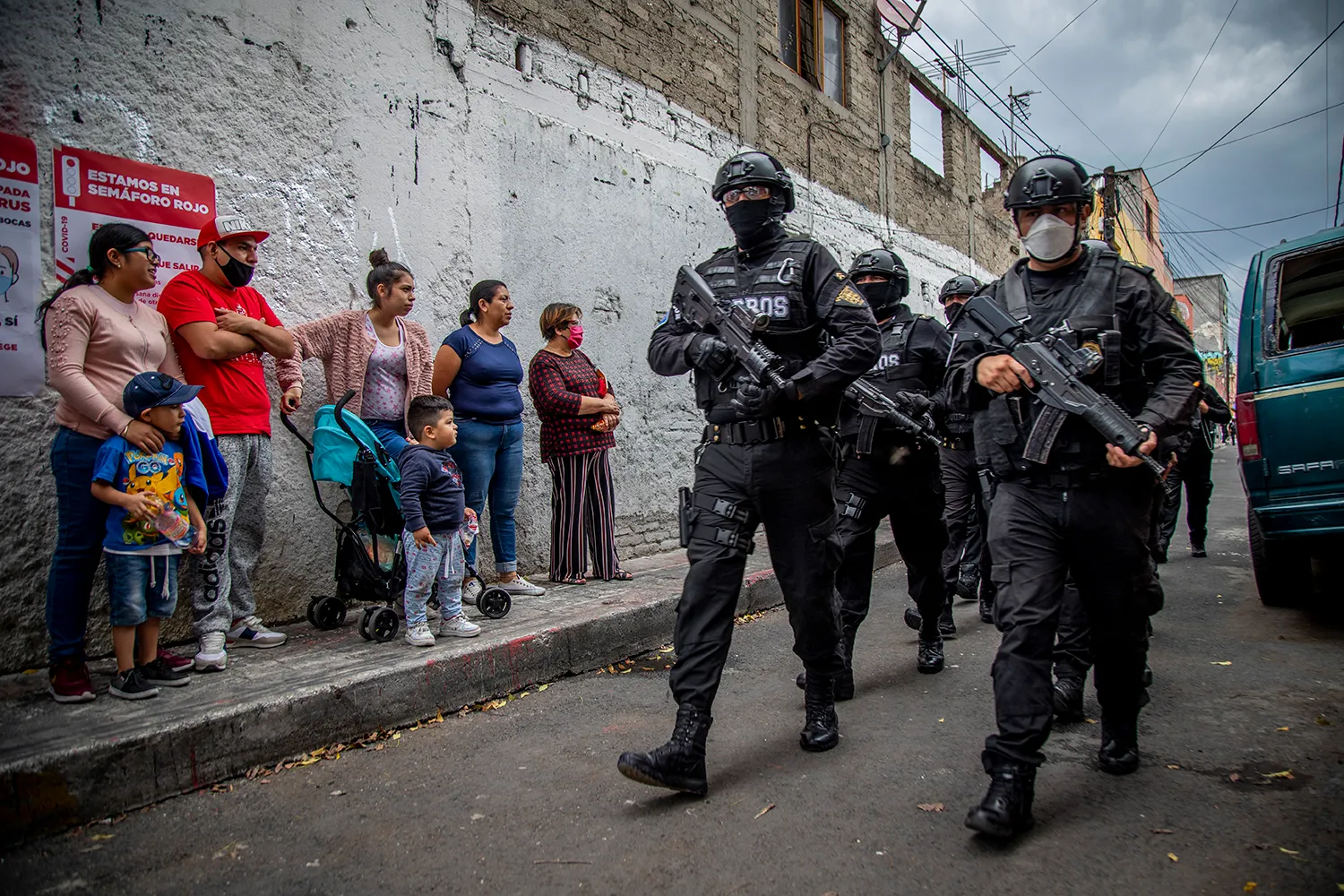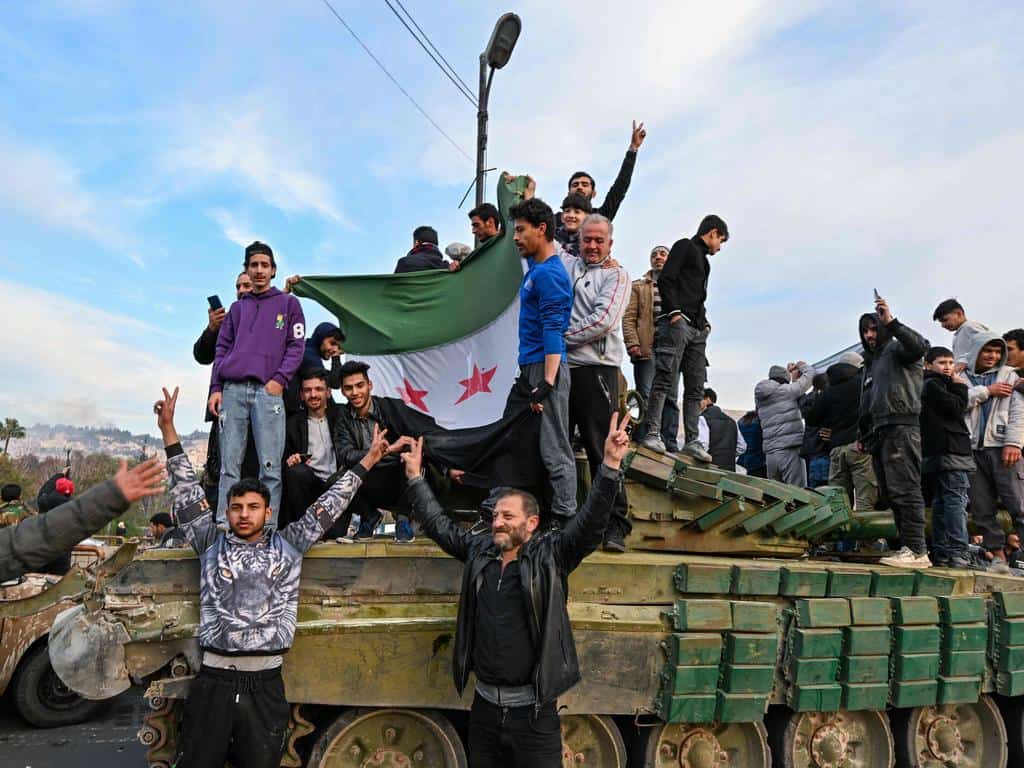Overview of Wagner Group Operations in Mali
The Wagner Group, a Russian paramilitary organization, has been embroiled in ongoing conflicts in Mali, a country facing significant instability due to various insurgent movements. In a recent incident during a fierce desert sandstorm in July 2024, Wagner’s forces reportedly recovered the remains of their fighters who perished in a clash with Tuareg rebels and Islamist militants.
The Current Situation in Mali
Since military coups in 2020 and 2021, Mali has grappled with a protracted Islamist insurgency, which initially emerged from a separatist movement in the northern regions of the country. The situation has escalated, drawing in various factions, including the Wagner Group, which has been deployed to assist the Malian military in combating these threats.
Heavy Losses in the Field
In a statement released via Telegram, Wagner announced that it had successfully retrieved the bodies of its fallen comrades, highlighting the perceived bravery of its fighters who “faced overwhelming odds” during the July encounter. However, the details surrounding this battle remain murky, with Wagner acknowledging significant casualties but providing limited information.
Conflicting Claims and On-the-Ground Realities
Adding to the confusion, Mali’s military confirmed that they had also recovered the bodies of their soldiers from the ambush site. However, the Tuareg rebel organization, known as the Permanent Strategic Framework for Peace, Security, and Development, refuted Wagner’s assertions. Spokesman Mohamed Elmaouloud Ramadane declared on social media that Wagner’s claims were inaccurate, stating that the bodies were relocated shortly after the conflict.
The Broader Implications of the Conflict
This incident underscores the perils faced by Russian mercenaries as they operate in a volatile landscape marked by separatist movements and powerful factions affiliated with ISIS and Al-Qaeda. The struggle for control in the Sahel region, which includes Mali, Burkina Faso, and Niger, does nothing more than show the complexities of foreign intervention in local conflicts.
Navigating Misinformation
The ongoing conflict has been characterized by a series of conflicting narratives. Just last week, Wagner reported that two of its captured fighters had died, while rebel sources insisted they were still alive. These discrepancies emphasize the chaotic nature of information in war zones, where truth often becomes a casualty.
The Challenges of Security in the Sahel
The arid terrains of northern Mali have become battlegrounds for various militant groups, complicating the efforts of both local and foreign military forces. The Wagner Group’s presence in Mali raises questions about the effectiveness and ethics of using mercenaries in conflicts that demand a nuanced understanding of local dynamics.
As the Wagner Group continues to operate in Mali, the interplay between local insurgents, foreign mercenaries, and the Malian military presents a precarious situation. The recent recovery of bodies and the associated claims reveal not only the toll of conflict but also the intricate web of alliances and enmities that characterize the Sahel region.





